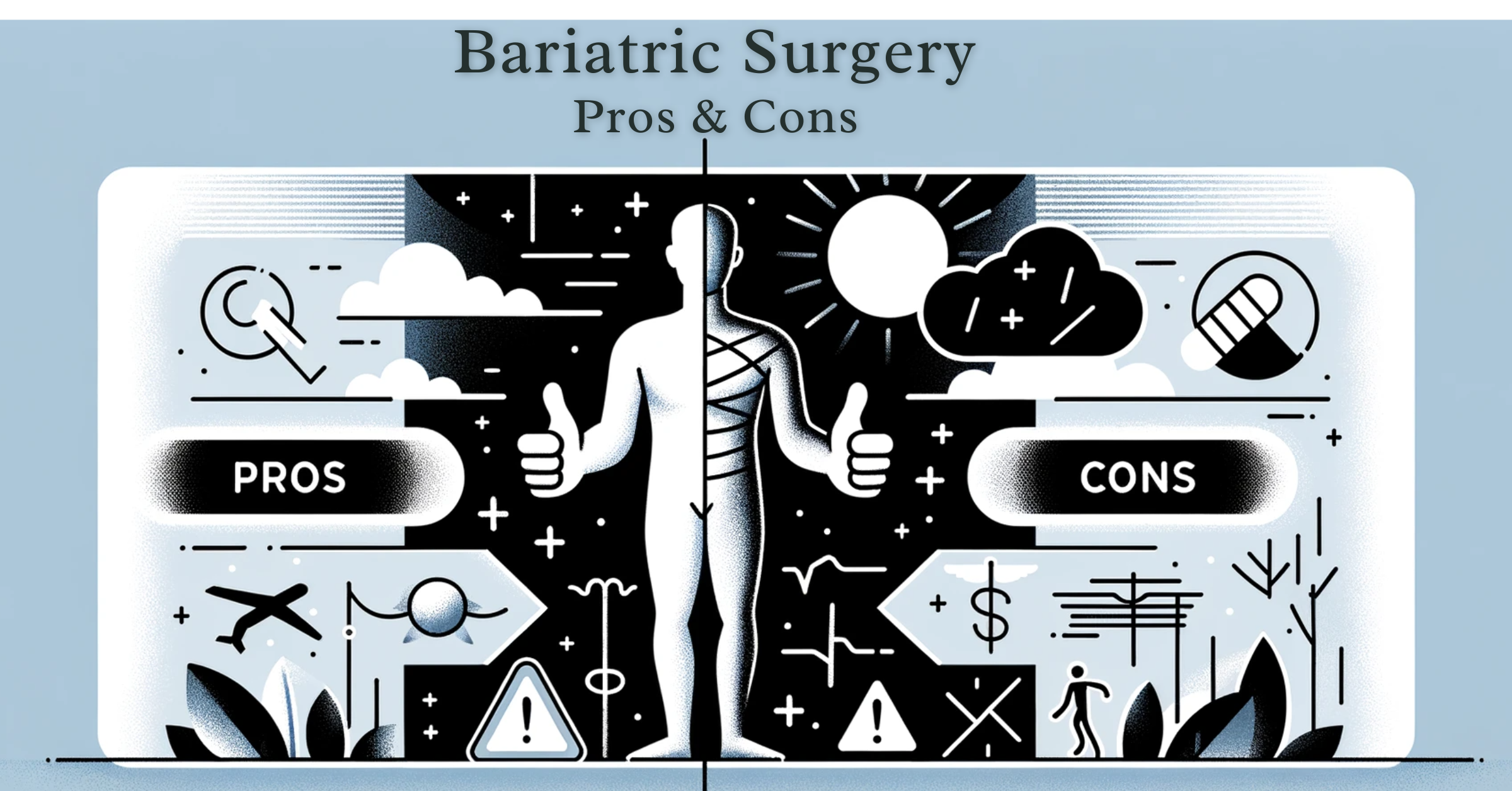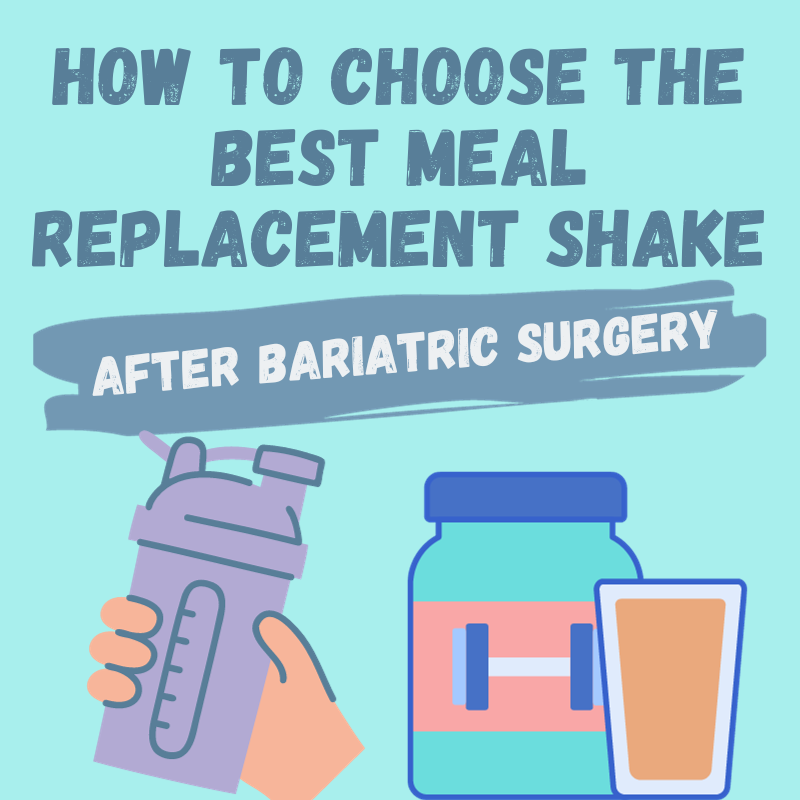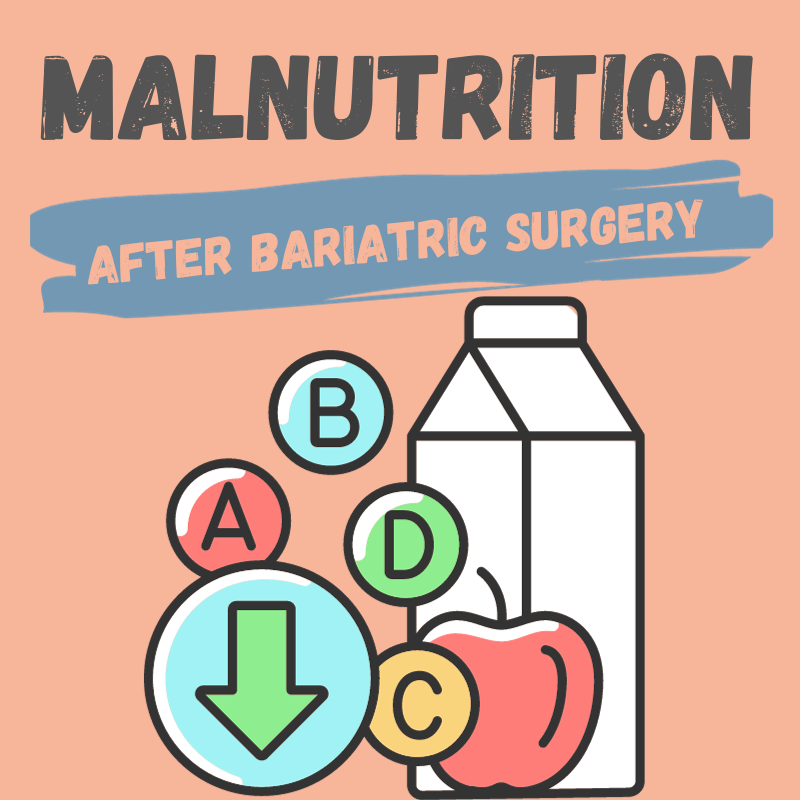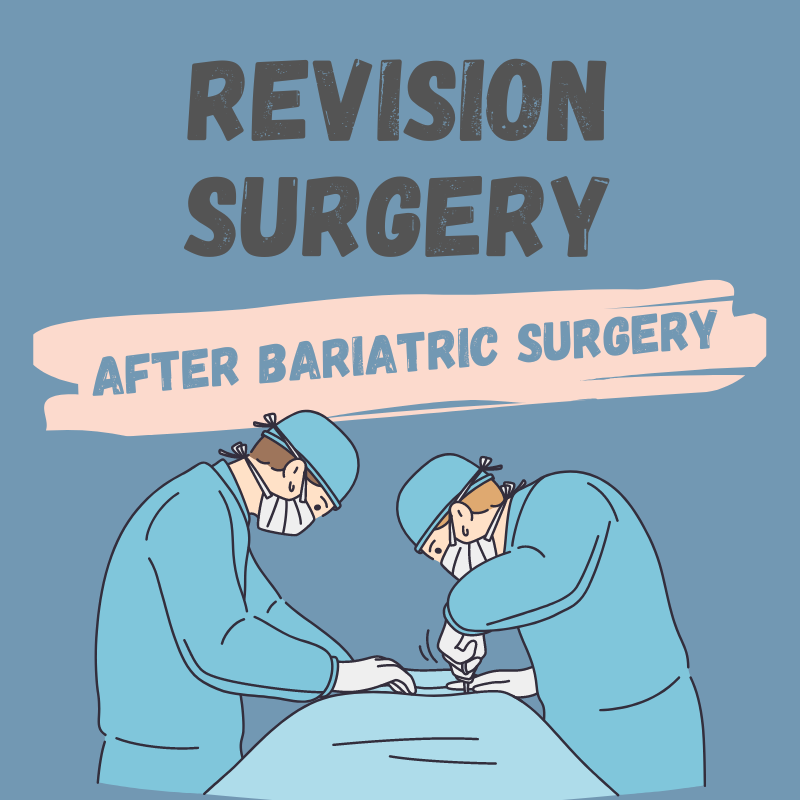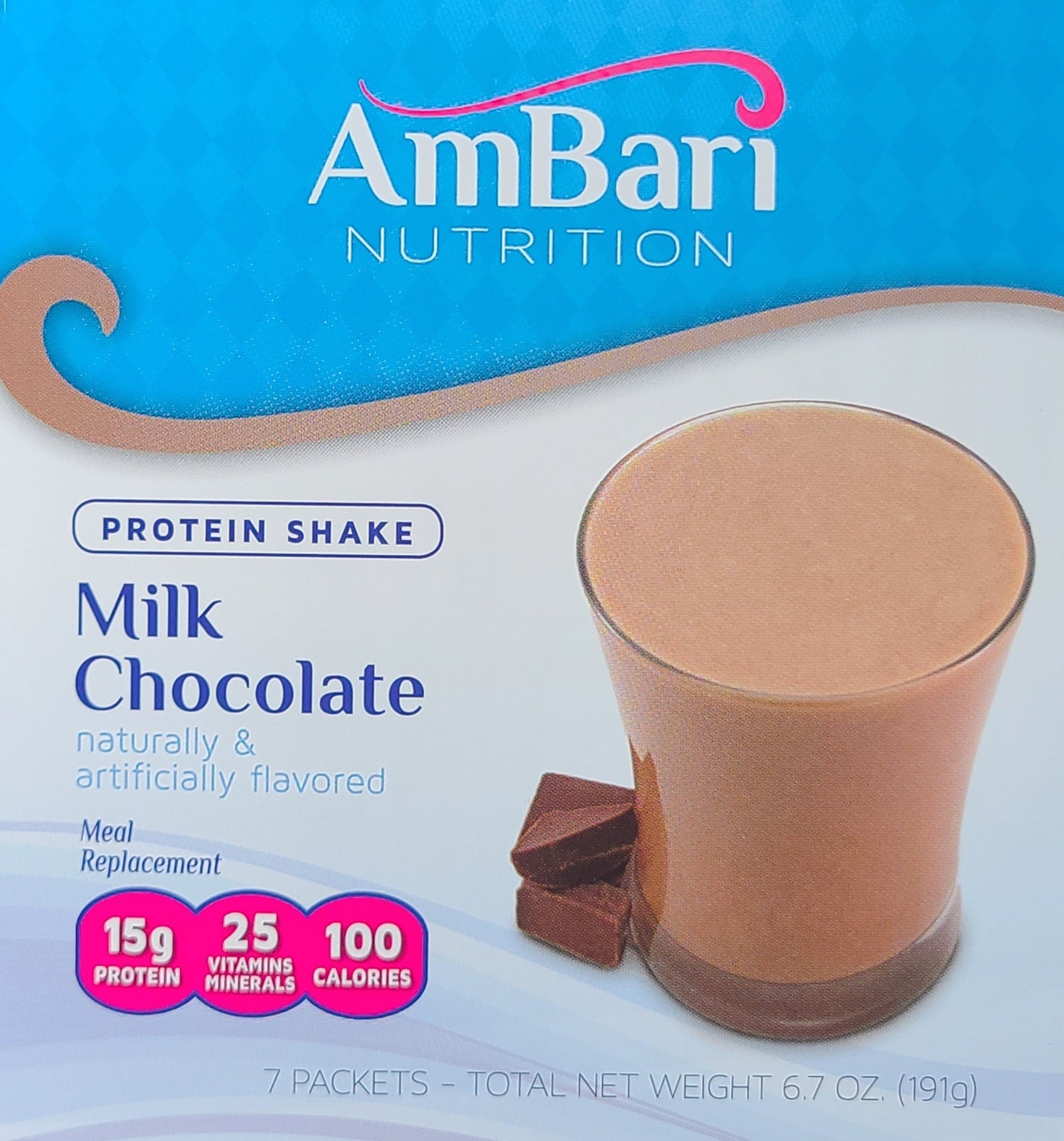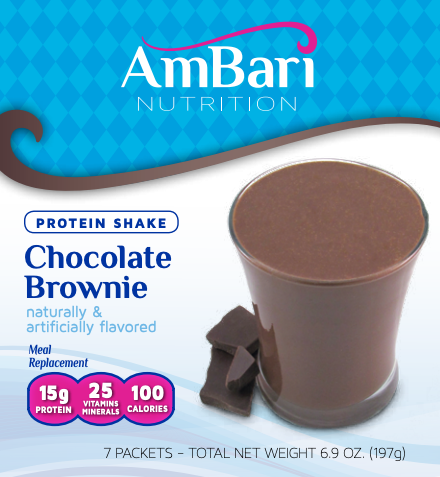Your cart is empty
Bowel Obstruction After Weight Loss Surgery

Understanding Bowel Obstruction
Bowel obstruction is a condition characterized by a blockage in the small or large intestine, impeding the passage of food, liquid, and gas. To better comprehend bowel obstruction, we'll discuss its types, causes, and implications for post-bariatric surgery patients.
Types of Bowel Obstruction
- Mechanical obstruction: Occurs when a physical barrier, such as a tumor, hernia, or adhesion, blocks the intestinal passage.
- Functional obstruction (ileus): Caused by a lack of normal bowel contractions, which prevents the movement of intestinal contents. This type can be the result of surgery, certain medications, or various medical conditions.
Bowel Obstruction in Post-Bariatric Surgery Patients

Bariatric surgery patients can be at risk for bowel obstruction due to the surgical changes made to their gastrointestinal tract. These alterations can lead to complications, such as:
- Adhesions: As the most common cause of bowel obstruction after abdominal surgery, adhesions may form during the healing process, resulting in potential blockages.
- Internal Hernias: Bariatric procedures, such as gastric bypass, involve rearranging the small intestine, which can create spaces where hernias can develop.
- Strictures: Scar tissue may form at the site of anastomosis (the surgical connection between the stomach and intestine), causing a narrowing of the passage and potential obstruction.
Recognizing the Symptoms of Bowel Obstruction

Timely identification of bowel obstruction symptoms is important to ensure appropriate treatment and prevent potential complications. Here's a look at some of the symptoms and their implications:
Intense Abdominal Pain:- Pain may be crampy, sharp, or dull in nature
- Often occurs in waves as the bowel tries to move its contents past the obstruction
- Severity can vary from mild to severe and may increase over time
- Occurs as the body attempts to expel stomach contents that cannot pass the obstruction
- May include bile or partially digested food
- Can lead to dehydration if persistent
- Caused by a buildup of gas and fluids in the obstructed bowel segment
- May result in visible abdominal swelling
- Can cause discomfort or pressure in the abdomen
- Indicates a lack of normal bowel function due to the obstruction
- May be accompanied by a feeling of fullness or pressure in the rectum
- Constipation may occur, leading to straining and discomfort
- Can be a sign of dehydration or an indication that the body is under stress due to the obstruction
- May be accompanied by other symptoms, such as dizziness, lightheadedness, or shortness of breath
- Requires immediate medical attention, as it may signify a more severe issue
Early intervention can make a significant difference in treatment outcomes and help prevent further complications. Keep in mind that symptoms can vary among individuals based on all sorts of factors including which type of surgery they had and personal past medical conditions.
Treatment Options for Bowel Obstruction
The appropriate treatment for bowel obstruction depends on various factors, including the cause, severity, and overall health of the patient. Here are the non-surgical and surgical treatment options:
Non-Surgical Treatments
-
Bowel Rest: Bowel rest involves the temporary cessation of food and liquid intake to give the digestive tract time to heal. Patients receive nutrients and hydration intravenously during this period.
-
Fluid Therapy (IV's): Rehydration is vital for patients experiencing bowel obstruction, as they may be unable to consume liquids orally. Intravenous fluids help maintain electrolyte balance and prevent dehydration.
-
Nasogastric Tube Decompression: This procedure involves inserting a nasogastric (NG) tube through the nose, down the esophagus, and into the stomach. The tube helps decompress the stomach and relieve pressure by draining excess gas and fluids.
-
Medications: In some cases, doctors may prescribe medications to alleviate pain or control nausea and vomiting. These drugs are typically used in conjunction with other non-surgical treatments.
Surgical Treatments
-
Laparoscopic Surgery: Laparoscopic surgery is a minimally invasive technique that employs small incisions and specialized instruments. Surgeons use a laparoscope, a thin tube with a camera, to visualize the abdominal cavity and treat the obstruction. This approach may be used for conditions such as strictures or hernias.
-
Open Surgery: In more severe cases or when laparoscopic surgery is not feasible, open surgery may be necessary. This procedure entails a larger incision to provide the surgeon with direct access to the affected area. Open surgery is typically reserved for more complicated cases or when the patient's health is at risk.
-
Bowel Resection: A bowel resection involves removing the obstructed section of the intestine and reconnecting the healthy segments. This procedure may be performed using either laparoscopic or open surgery techniques, depending on the patient's circumstances.
-
Colostomy or Ileostomy: In certain cases, a temporary or permanent colostomy or ileostomy may be required. These procedures involve creating an opening in the abdomen to divert waste into a bag, bypassing the obstructed area of the intestine. This solution is generally considered when other treatments are not viable or when additional healing time is needed.
Preventive Measures to Minimize Bowel Obstruction Risk After Bariatric Surgery
Implementing preventive measures can help reduce the likelihood of bowel obstruction following bariatric surgery. Here's a few tips to promote long-term success:
Follow the Prescribed Post-Operative Diet:Adhering to the post-operative diet prescribed by your doctor or surgeon for a smooth recovery. This diet typically progresses through different stages, from clear liquids to soft and solid foods. Some key points to remember include:
- Gradually reintroduce foods to avoid overwhelming your digestive system
- Consume smaller, more frequent meals instead of large meals
- Focus on nutrient-dense foods and prioritize protein intake
- Stay hydrated by sipping water throughout the day
- Limit high-sugar, high-fat, and highly processed foods
- Chew food thoroughly before swallowing
- Try the 5-Day Pouch Test if you're having eating habit problems
Engaging in regular physical activity can support digestive health and help prevent complications, such as bowel obstruction. Exercise also assists in weight maintenance, improves cardiovascular health, and boosts mental well-being.
Avoid Smoking:Smoking negatively impacts your overall health and can hinder the healing process after bariatric surgery. Quitting smoking reduces the risk of post-operative complications, including bowel obstruction.
Attend Regular Follow-Up Appointments with Your Doctors:Regular follow-up appointments allow your healthcare team to monitor your progress, address any concerns, and provide ongoing support. These appointments are vital in ensuring a successful long-term outcome after bariatric surgery.
Frequently Asked Questions About Bowel Obstruction
How Common is Bowel Obstruction After Bariatric Surgery?
It's worth noting that while bowel obstruction is a serious complication, it is relatively rare. According to studies, the incidence of bowel obstruction after bariatric surgery is less than 1%. However, it's important to be aware of the signs and symptoms of bowel obstruction and to seek medical attention promptly if they occur.
What are the symptoms of a blockage after bariatric surgery?
Symptoms of a blockage after bariatric surgery can include severe abdominal pain (crampy, sharp, or dull), nausea and vomiting, abdominal bloating and distention, an inability to pass gas or have a bowel movement, and a rapid heartbeat. If you notice any of these symptoms, consult your healthcare provider immediately.
What can cause a bowel obstruction after gastric bypass?
Several factors can cause bowel obstruction after gastric bypass, including adhesions (bands of fibrous tissue that form after surgery), internal hernias (which can develop in the rearranged small intestine), and strictures (narrowing of the intestine due to inflammation, scarring, or other factors). Additionally, other causes of bowel obstruction not specific to gastric bypass patients, such as tumors, volvulus (twisting of the intestine), and intussusception (a part of the intestine sliding into an adjacent section), can also occur.
How long after surgery can a bowel obstruction occur?
Bowel obstruction can occur at any time following surgery, from days to years later. Early-onset obstruction is typically due to surgical complications, while late-onset obstruction often results from adhesions or hernias. It is essential to remain vigilant and proactive about your healthcare, as the timeframe for bowel obstruction can vary greatly among patients.
References:
Mayo Clinic. (2020). Intestinal obstruction: Diagnosis & treatment. https://www.mayoclinic.org/diseases-conditions/intestinal-obstruction/diagnosis-treatment/drc-20351464
Bariatric Surgery Source. Post-op bariatric surgery: Learn how to identify red flags and take action. https://www.bariatric-surgery-source.com/post-op-bariatric-surgery.html
American Society for Metabolic and Bariatric Surgery (ASMBS). Life after bariatric surgery. https://asmbs.org/patients/life-after-bariatric-surgery
Writer: Allison Allison, a certified nutritionist and research author, brings over 15 years of experience in the health and weight loss industry. Allison's influence extends through her authorship of multiple health and wellness journals, where she shares her expertise and research on medical weight loss and bariatric medicine. |
Reviewed By: Dr. K. Huffman Dr. Kevin D. Huffman, D.O., is a board-certified bariatric physician renowned for his expertise in treating obesity. With over 10,000 patients and a reputation as a national leader in bariatric medicine, he has trained hundreds of healthcare providers. As the founder of American Bariatric Consultants, Dr. Huffman develops protocols and training materials sought after by medical societies, pharmaceutical companies, patients, and hospitals. |
Bariatric Guides & Information
More Info
Customer Favorites
- Choosing a selection results in a full page refresh.





